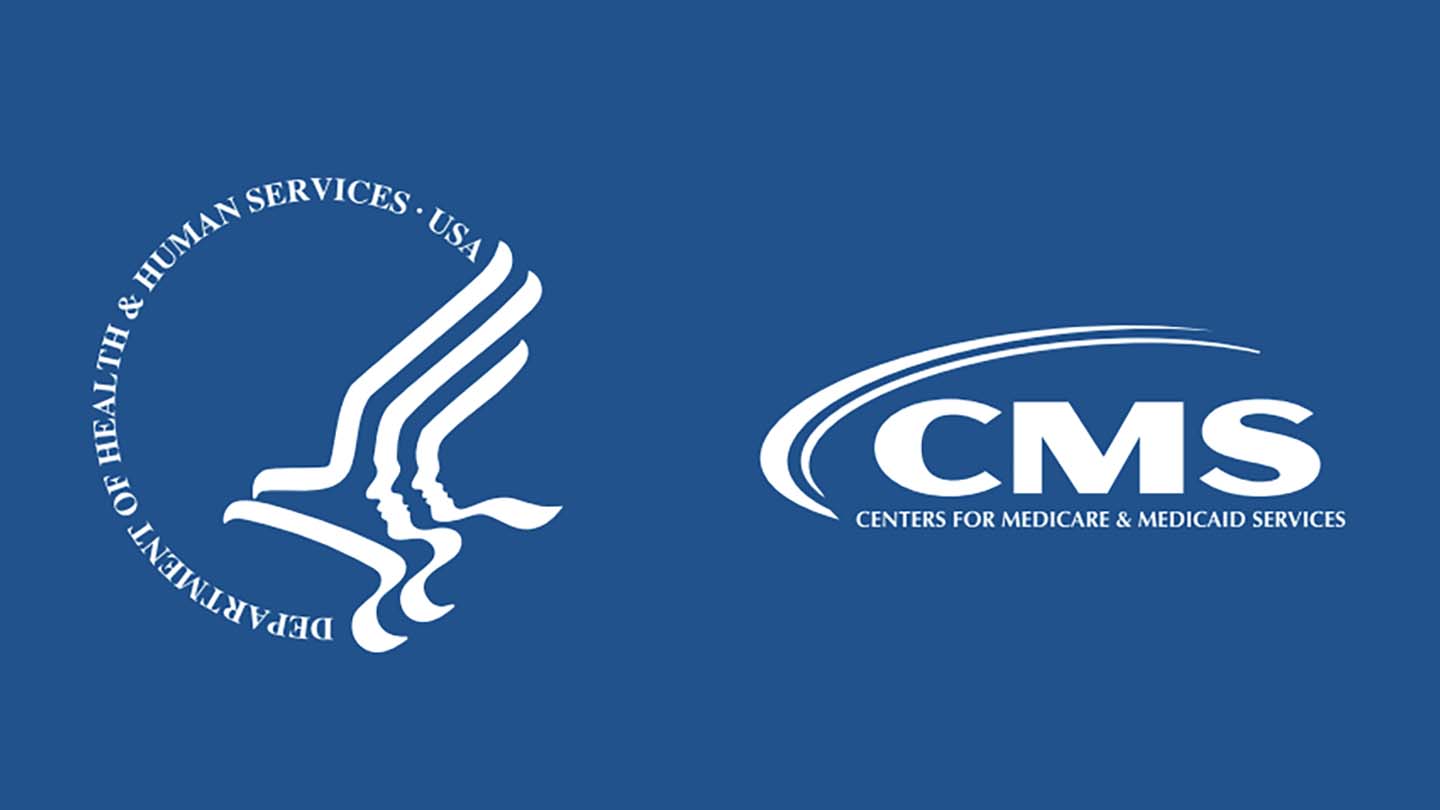Health Alert: Critical Government Comms Grind to Halt, Experts Warn of Potential Nationwide Disruption

In the early days of the Trump administration, federal health agencies found themselves suddenly silenced. The Centers for Medicare & Medicaid Services, along with other key health organizations, abruptly suspended their public communication efforts, creating an atmosphere of uncertainty and concern across the healthcare landscape.
This unexpected communication freeze raised immediate questions about transparency and the potential impact on critical health information dissemination. Typically, these agencies play a crucial role in providing vital health updates, policy information, and public guidance. The sudden halt in their communication channels signaled a significant shift in how government health information would be shared with the American public.
The move sparked widespread speculation about the motivations behind the communication blackout and its potential implications for healthcare policy and public health awareness. Professionals and citizens alike were left wondering about the future of health information accessibility during this unprecedented administrative transition.
